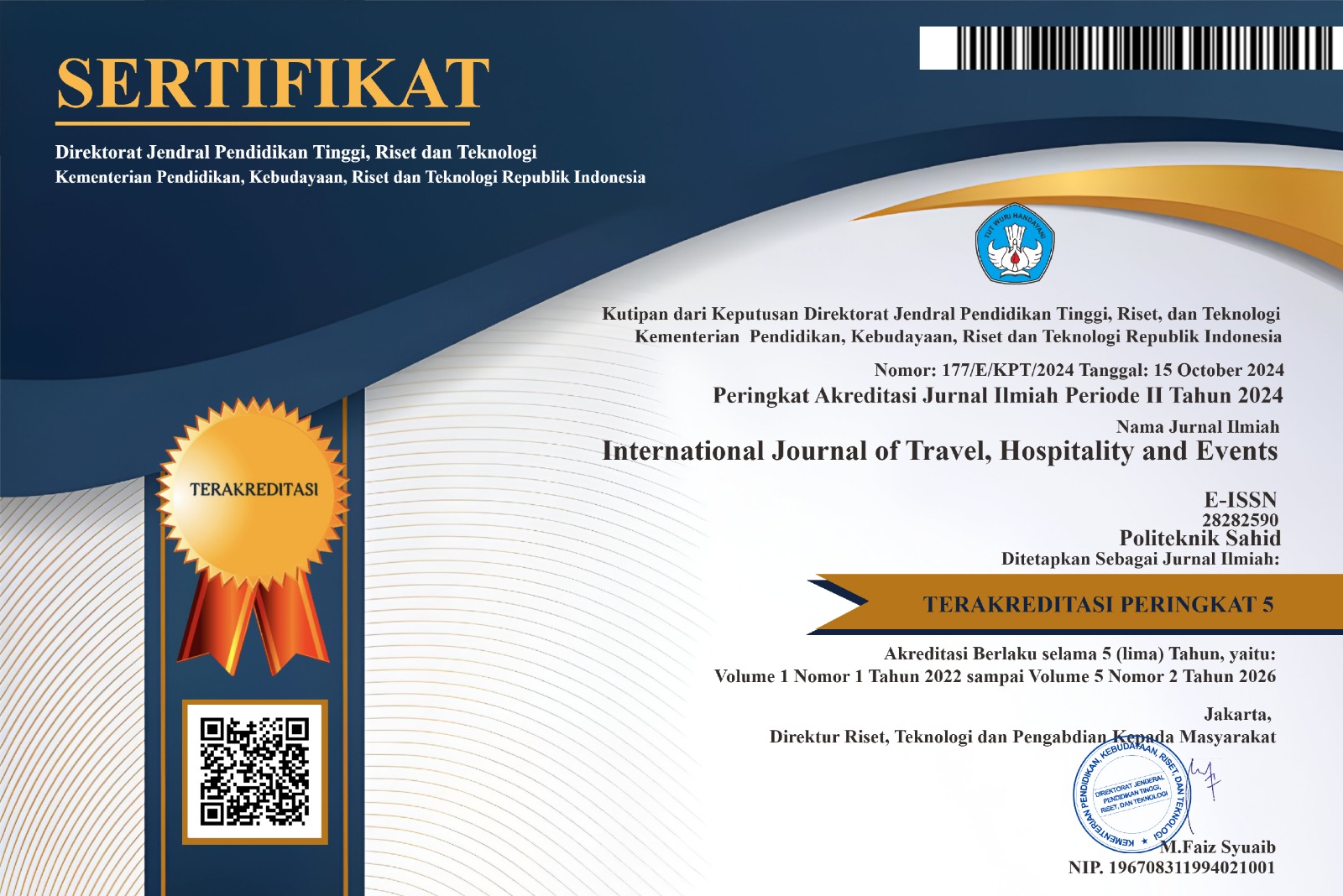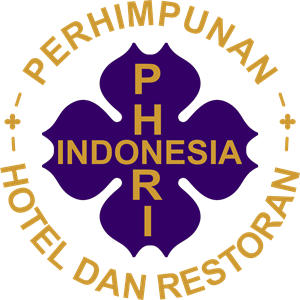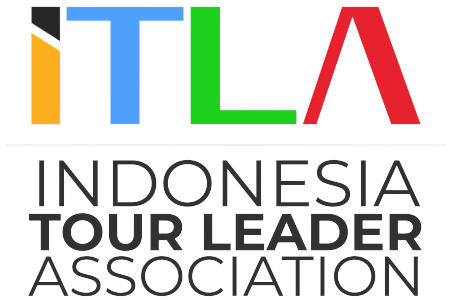Sustainable MICE Model: Case Study at Four Points by Sheraton Bali Ungasan
DOI:
https://doi.org/10.56743/ijothe.v3i2.371Keywords:
Sustainable MICE Model, Environment, Socio-Culture, Economic AspectsAbstract
Purpose: This research was conducted to design a sustainable event model based on MICE activities carried out at Four Points by Sheraton Bali Ungasan.
Research methods: The design of this sustainable event model used qualitative analysis, visualized through NVivo 12 Plus software, and resulted in a sustainable event model for MICE activities at Four Points by Sheraton Bali Ungasan. Subsequently, the model was validated through Focus Group Discussion (FGD) to obtain approval for the previously designed sustainable event model.
Results and discussion: The study's results indicated that the implementation of MICE activities at Four Points by Sheraton Bali Ungasan was not sustainable in terms of environmental and socio-cultural aspects. At the same time, the economic element had been implemented, but any subject also has to improve.
Implication: The research output is a sustainable event model suitable for implementation at Four Points by Sheraton Bali Ungasan and has been approved and well-received by the management. This study results in a sustainable event model that guides the pre-event, during-event, and post-event stages to create sustainable MICE activities that positively impact the environment, socio-cultural aspects, and economy.
Keywords: Sustainable MICE Model, Environment, Socio-Culture, Economic Aspects
Downloads
Published
How to Cite
Issue
Section
Categories
License
Copyright (c) 2024 Dw A Pt Ninda Pradnyani, I Ketut Budarma, I Ketut Sutama, I Nyoman Cahyadi Wijaya, Ni Made Sudarmini

This work is licensed under a Creative Commons Attribution 4.0 International License.


























